Active participle in Arabic – اِسْمُ الفاعِل | Arabic Free Course
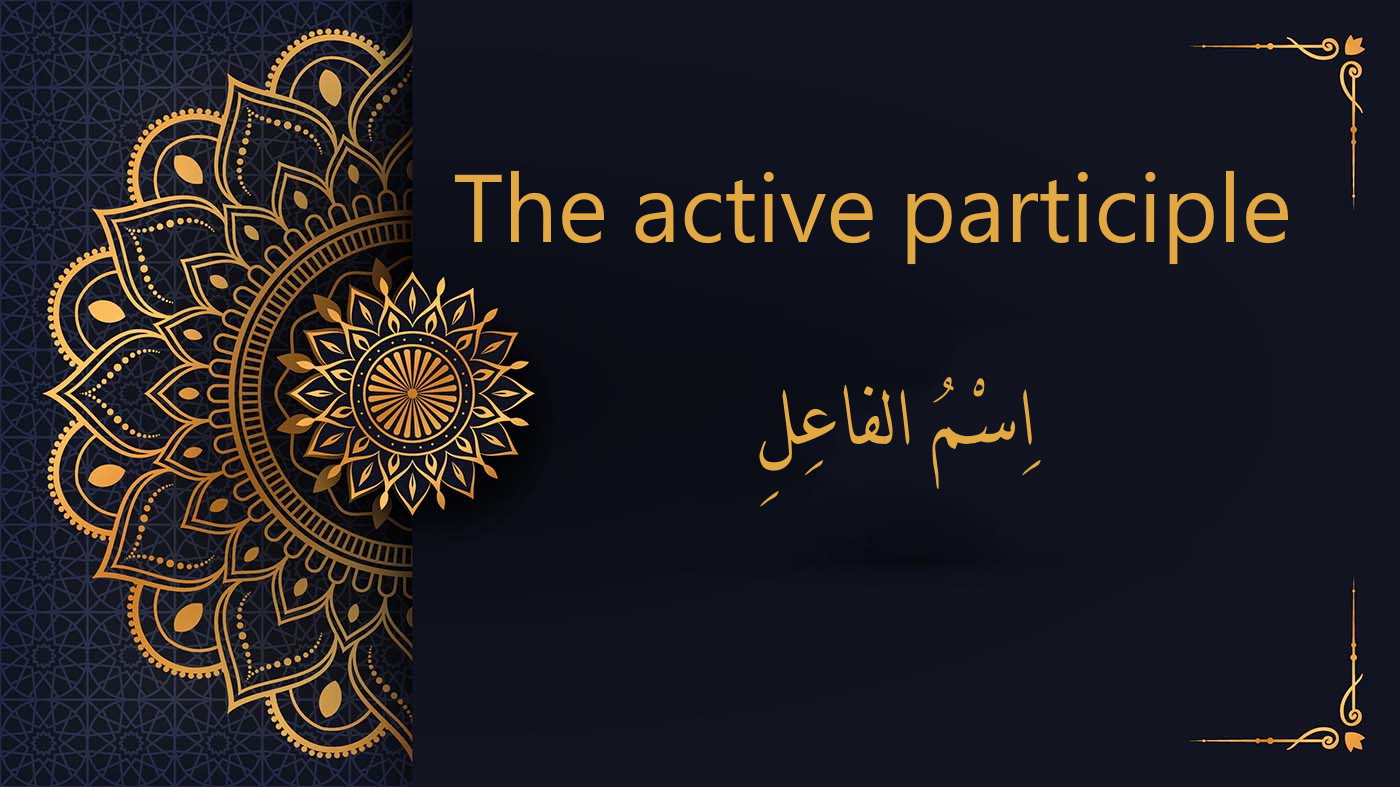
Active participle in Arabic – اِسْمُ الفاعِل 1. Introduction In Arabic grammar, the term for the noun representing the doer of an action, also known as the subject, is “اسم الفاعل” or the active participle. It is constructed by adding an alif (ا) to the first radical of the verb (فعل), providing the middle letter […]
Double emphasis in Arabic – نُونُ التَّوْكِيد – لامُ التَّوْكِيد | Arabic Free Course
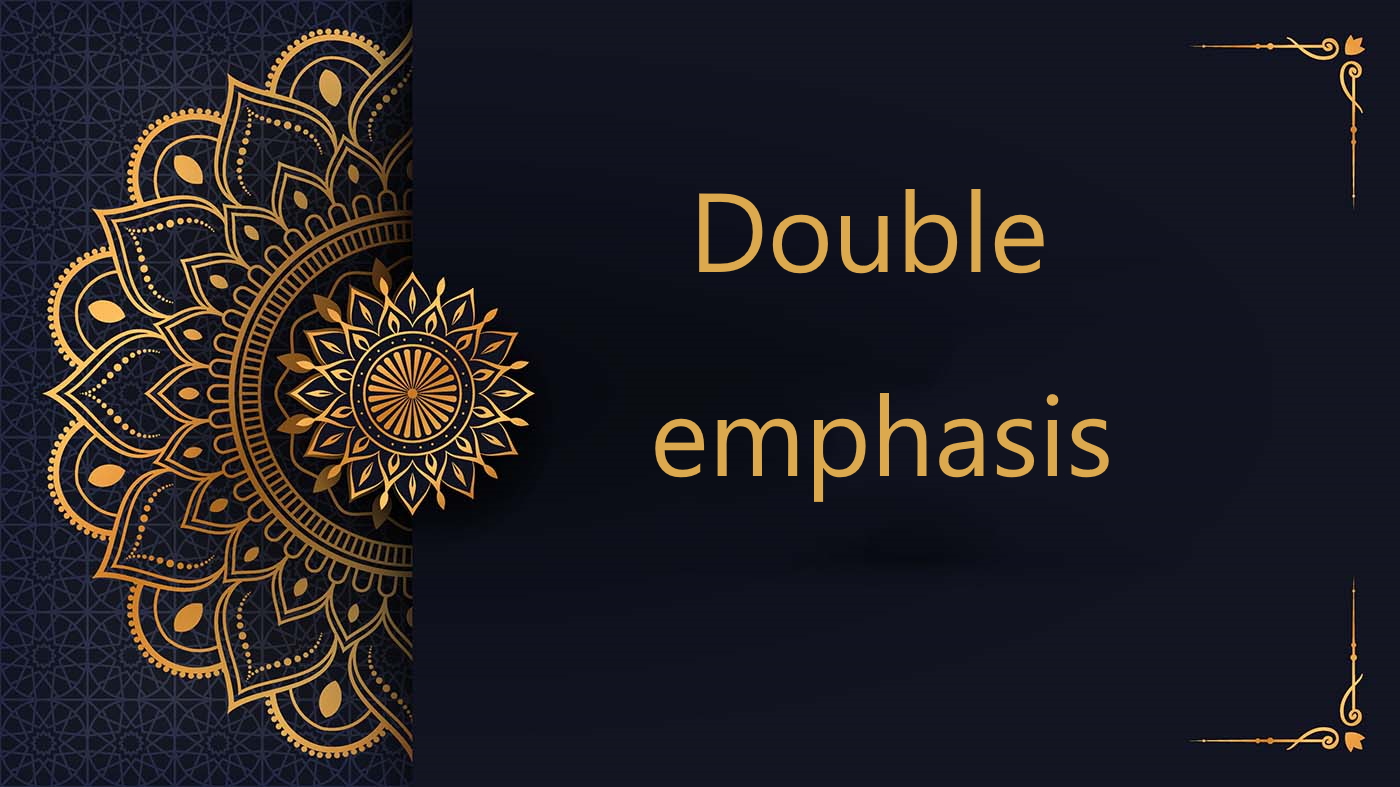
Double emphasis in Arabic – نُونُ التَّوْكِيد – لامُ التَّوْكِيد Introduction To add extra emphasis to the imperfect tense in Arabic, the prefix لَ is used along with نّ – noon thaqila or نْ – non khafeefa as a suffix, a linguistic feature known as double emphasis. For example: Table with نْ – non khafeefa […]
Imperfect Passive Tense – الْمُضّارِعُ الْمَجْهُول | Free Arabic Course
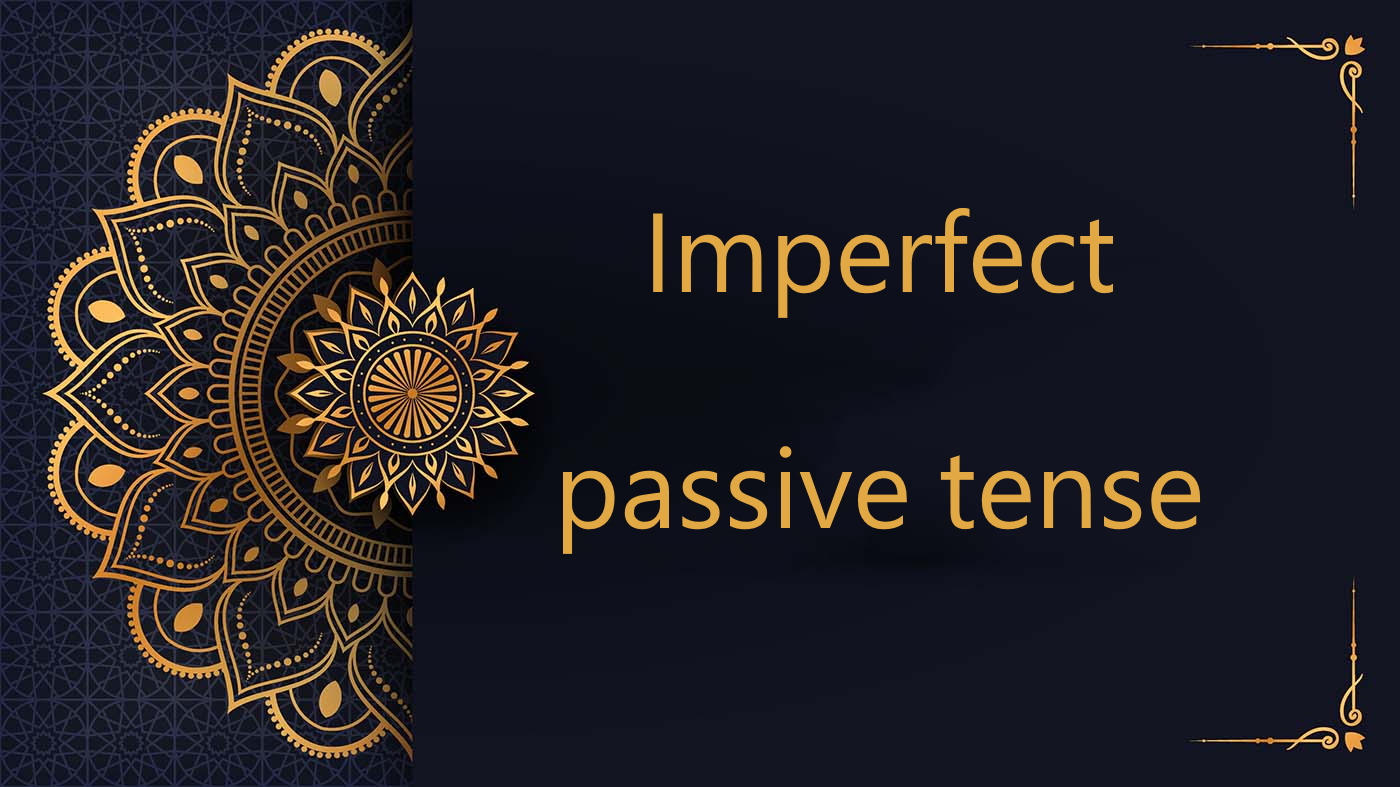
Imperfect Passive Tense – الْمُضّارِعُ الْمَجْهُول The imperfect passive tense is formed by giving dammah -ُ to the sign of the imperfect tense, and fatha -َ on the second radical. 1. Imperfect passive tense of the passive verb of consonants – الصَحِيْحُ Example: يُفْعَلُ (Yufa’alu) = يُفْعَلُ (Yufa’alu) Table passive verb of consonants يُرْفَعُ […]
The passive verb in Arabic – الْفِعْلُ الماضِي المَجْهُولُ | Arabic Free Course

The passive verb in Arabic – الْفِعْلُ الماضِي المَجْهُولُ Introduction The active voice verb, known as اَلْفِعْلُ الْمَعْرُوْفُ, is where the subject, or the doer of the action, is explicitly mentioned. We have extensively covered these types of verbs in previous chapters, particularly those following the patterns of فَعَلَ – فَعِلَ – فَعُلَ. However, Arabic […]
Transitive & Intransitive Verb in Arabic – الْفِعْلُ المُتَعَدِّي و اللازِم
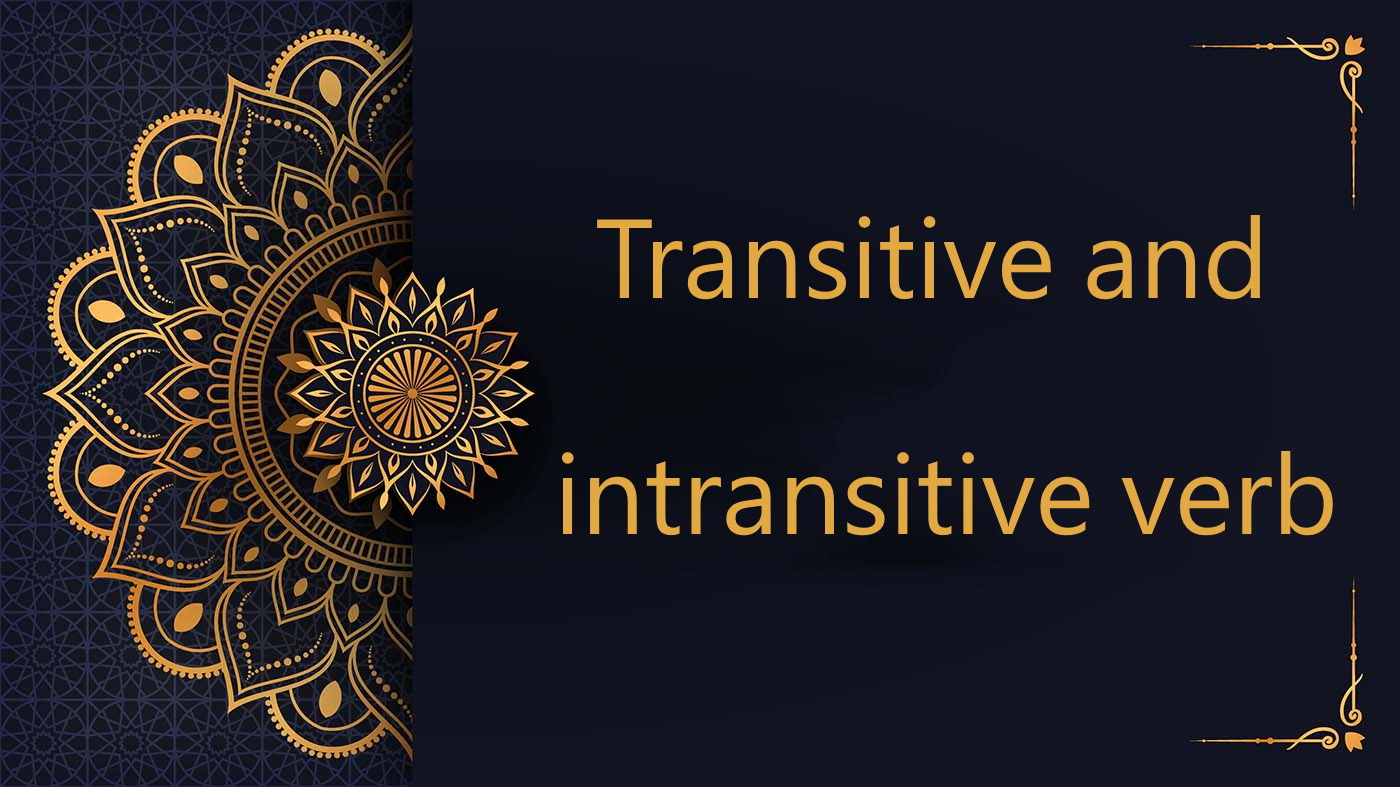
Transitive & Intransitive Verb in Arabic – الْفِعْلُ المُتَعَدِّي و اللازِم Introduction In the Arabic language, verbs are categorized into two main types: intransitive verbs, known as “اَلْفِعْلُ اللَّازِمُ,” and transitive verbs, referred to as “اَلْفِعْلُ الْمُتَعَدَّى.” These distinctions play a crucial role in understanding the structure and usage of verbs in Arabic grammar. 1. […]
The imperative verb in Arabic | الْفِعْلُ الأَمْرُ
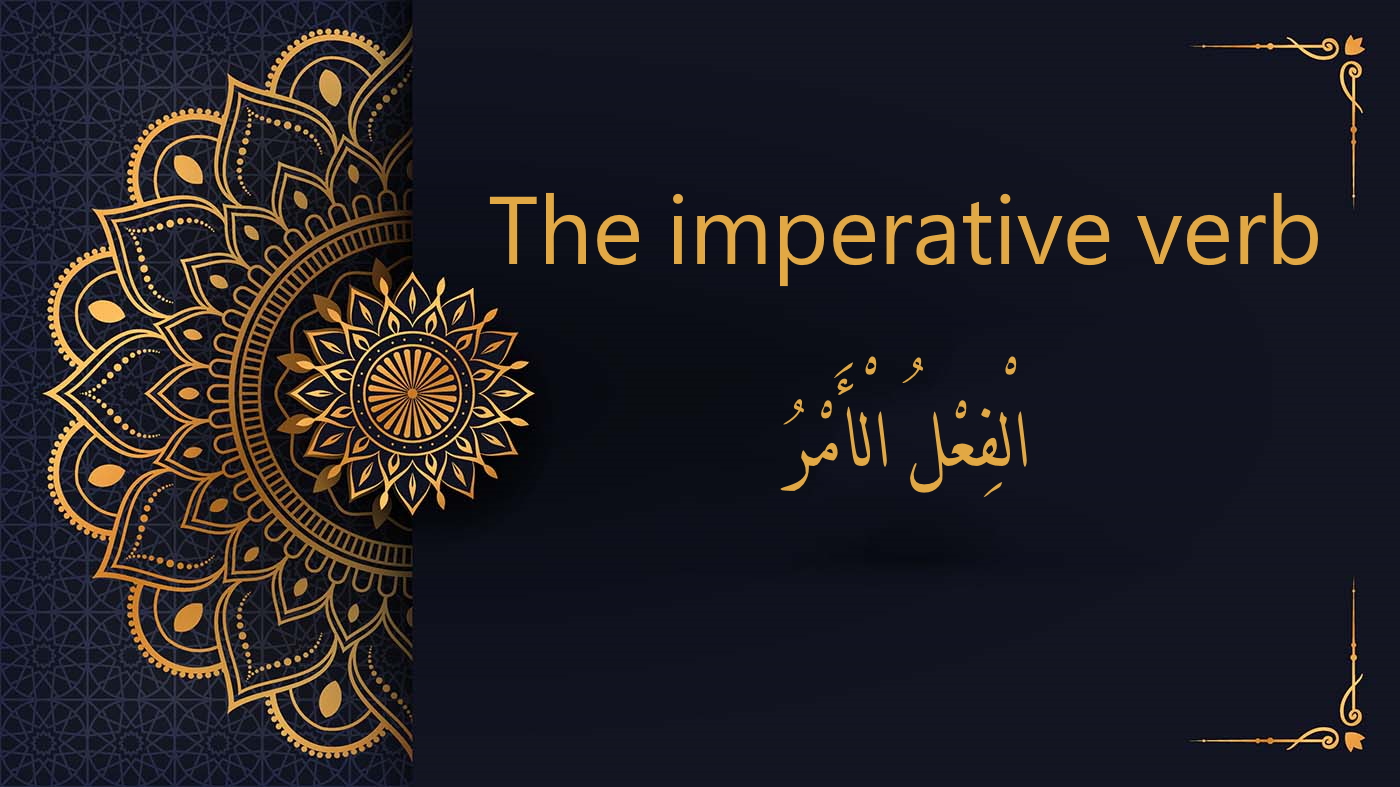
The imperative verb in Arabic | الْفِعْلُ الأَمْرُ Introduction In Arabic, the imperative refers to the command form of a verb. This command can be categorized into: Direct Command: Addressed to the second person. Indirect Command: More subtle or implied. For the Direct Command, here are some examples: اِضْرِبْ (you) hit […]
Moods of the imperfect tense in Arabic – صِيَغُ الْمُضَارِع | Arabic Free Course
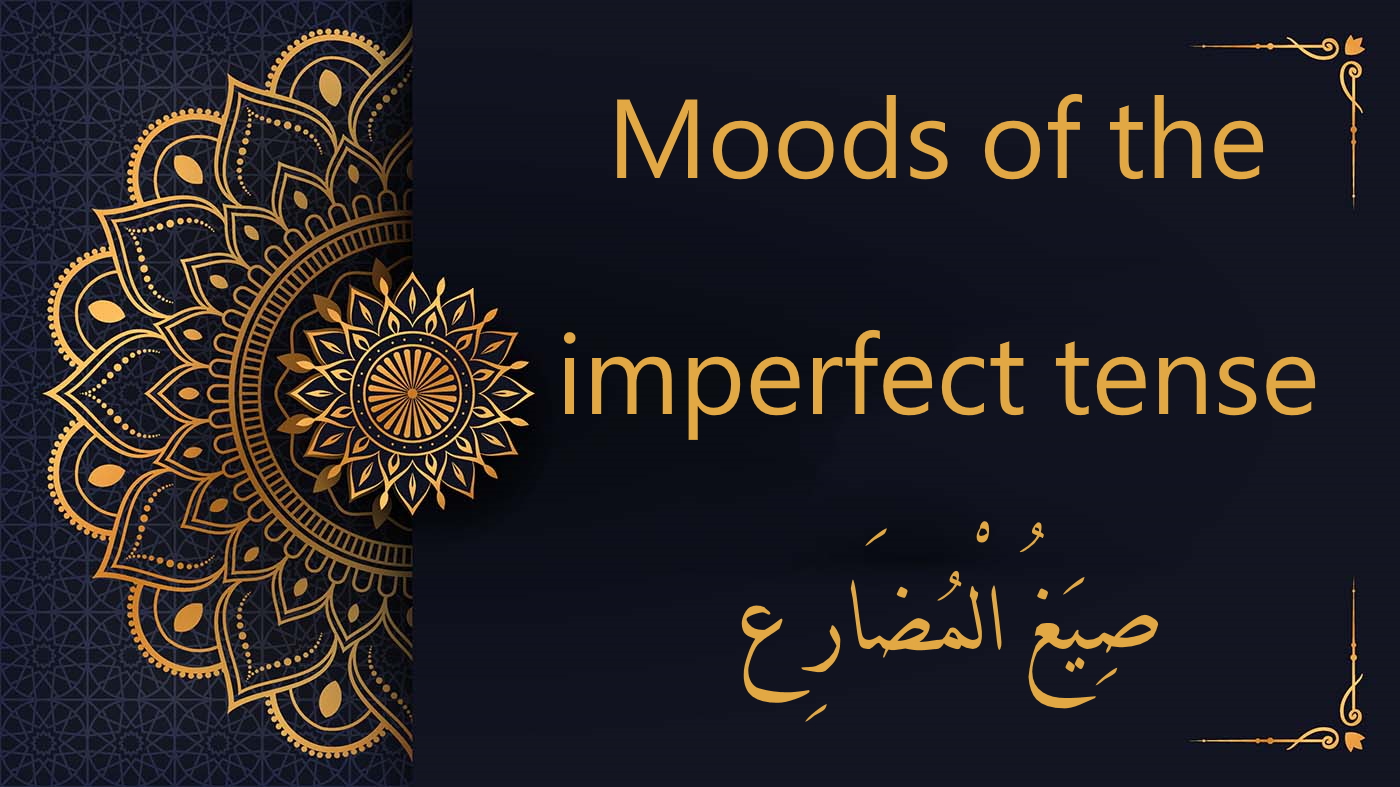
Moods of the imperfect tense in Arabic – صِيَغُ الْمُضَارِع Introduction In Arabic grammar, the imperfect tense, or المُضارِع (al-mudāri’), can take on different moods, including the subjunctive mood (المُضارِع المَنصوب – al-mudāri’ al-mansūb) and the jussive moods (المُضارِع المَجْزوم – al-mudāri’ al-majzūm). These moods bring variations to the regular imperfect tense verb conjugations and […]
Past continuous in Arabic – الْفِعْلُ الماضِي الاِسْتِمْرَارِي | Free Arabic Course

Past continuous in Arabic – الْفِعْلُ الماضِي الاِسْتِمْرَارِي Introduction In Arabic, the Past Continuous tense is formed by using the helping verb كَانَ (kana), which means “was” or “were,” followed by the imperfect tense of the main verb. This tense is used to describe actions that were ongoing or in progress in the past. Let’s […]
The Imperfect Tense in Arabic – الْفِعْلُ الْمُضَارِعُ | Arabic Free Course

The Imperfect Tense in Arabic – الْفِعْلُ الْمُضَارِعُ The imperfect tense in Arabic serves a dual purpose, encompassing both the present and future tenses to describe actions in an ongoing, unfinished state. The conjugation of verbs in the imperfect tense is accomplished by appending prefixes and suffixes to the base form, which is derived from […]
Verbs with fixed prepositions | Arabic free courses

Verbs with Fixed Prepositions in Arabic Verbs with fixed prepositions are a category of verbs that are commonly paired with specific prepositions, forming an integral part of their object. These prepositions, when combined with these verbs, often imbue the verb with nuanced and distinct meanings. 1. Exploring Verbs with Fixed Prepositions – قَضَ The verb […]

